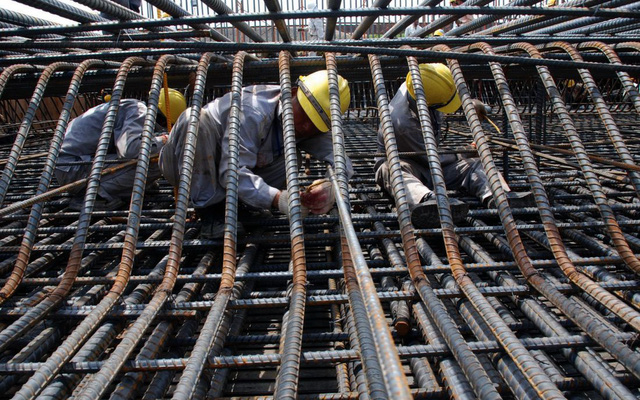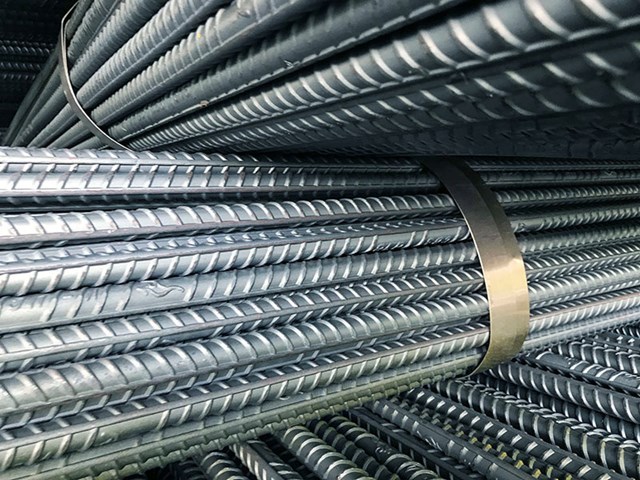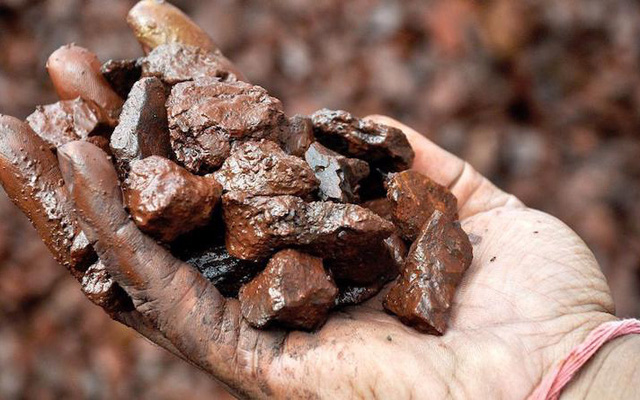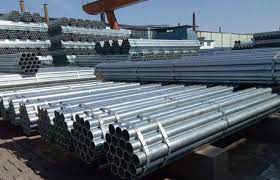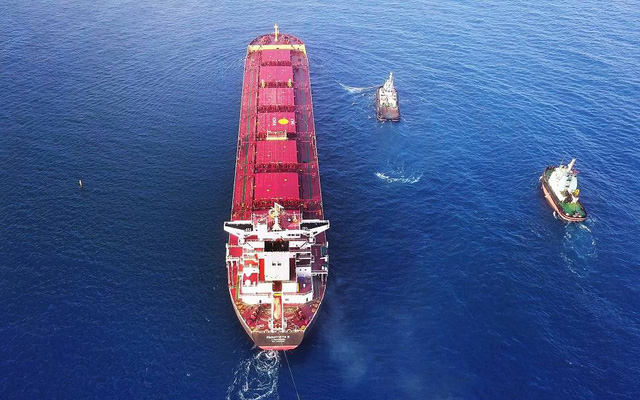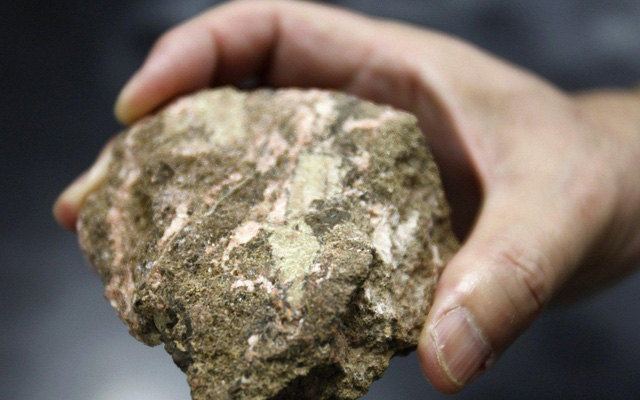For Russia, the Asian market is very meaningful because it hopes that it can redirect coal exports to Asia, replacing Europe. However, Moscow could be in for a shock by signs that Asia’s coal imports from Russia will gradually decrease in the coming months.
According to Reuters, on April 8, the European Union agreed to apply a series of new sanctions against Russia, including a ban on coal imports. During the year the total volume of Russian coal exports to Europe was 48.7 million tons.
In response to this sanctions, Russia said that coal exports would be redirected to other markets and that the ban would backfire for Europe.
However, Moscow could be in for a shock by signs that Asia’s coal imports from Russia will gradually decrease in the coming months.
Japan, the world’s third largest coal importer, announced on April 8 that it would ban imports from Russia and would look for alternative sources of supply.
Russia already supplies about 11% of Japan’s coal imports in 2021. Therefore, stopping purchases from Russia could cost Japan a high price when choosing alternative sources from companies. companies in Australia and the US because of its remote location and more expensive prices.
Recently, Japan also seems to be cutting its own coal imports from Russia. Accordingly, coal imports in March were about 871,000 tons, down more than 40% compared to February, according to data from Japan Customs. In 2021, Japan imported about 19.73 million tons of coal from Russia.
If Japan completely cuts off Russian coal production, that means nearly 20 million tons of coal will have to find new buyers.
China, the world’s largest coal importer, seems to be an obvious destination for Russian coal because Beijing has always been supportive of Moscow.
However, China is also considering limiting total coal imports to 30% this year amid record domestic production and high import costs.
China has acted to keep domestic coal prices down in order to reduce the cost of power generation. This makes imported thermal coal largely uncompetitive, aside from the fact that coal from Indonesia is used to mix with the higher ash domestic coal used in power plants in the south of China.
China has also imported less Russian coal in recent months, with Kpler data on sea arrivals showing coal imports falling from 2.8 million tonnes in January to 2.4 million tonnes. in March.
This is in contrast to the period from March to December last year, when China’s monthly seaborne imports from Russia were no less than 3 million tons and peaked at 5.32 million last August, according to Kpler.
While China may be happy to buy Russian coal at a discount, there is still a question as to whether it needs to increase volume given its growing domestic production and Russian coal’s ability to be unsuitable as a substitute. Indonesian coal.
South Korea, Asia’s fourth-biggest coal importer, is also moving away from Russian goods, with at least one power company halting purchases after Russia-Ukraine tensions escalated on February 24.
In addition to some of the major coal importers in Asia, Russia can look to a number of smaller countries that are struggling because of high energy prices.
However, even if some countries like Pakistan and Bangladesh agreed to buy coal from Russia, it would not be able to compensate for the losses from big countries like Japan, Korea….
Hope from India
India, the world’s second-largest coal importer, is perhaps Russia’s most potential hope in Asia as New Delhi has also refused to condemn the Russia-Ukraine conflict and will be interested in ensuring cheaper energy supplies.
India is not a major buyer of Russian coal, with Kpler data showing imports of 1.04 million tonnes in March, the highest since January 2020.
Coal imports from Russia range from 400,000 to 600,000 tons, making the country a secondary supplier to India compared to Australia, Indonesia and South Africa.
But according to GlobalCOAL data, the price of thermal coal in Australia at the port of Newcastle last week was 297.40 USD/ton, in South Africa it was 265 USD, India simply cannot afford to import at this price because the power plants will lose money.
The question for the market is whether India can buy Russian coal at a sufficiently large discount.
T&G International Joint Stock Company
Address: 352 Hue Street, Le Dai Hanh Ward, Hai Ba Trung District, Hanoi
Hotline: 0345786803
Email: hrm@tginterjsc.com
Website: http://tginternationaljsc.com



